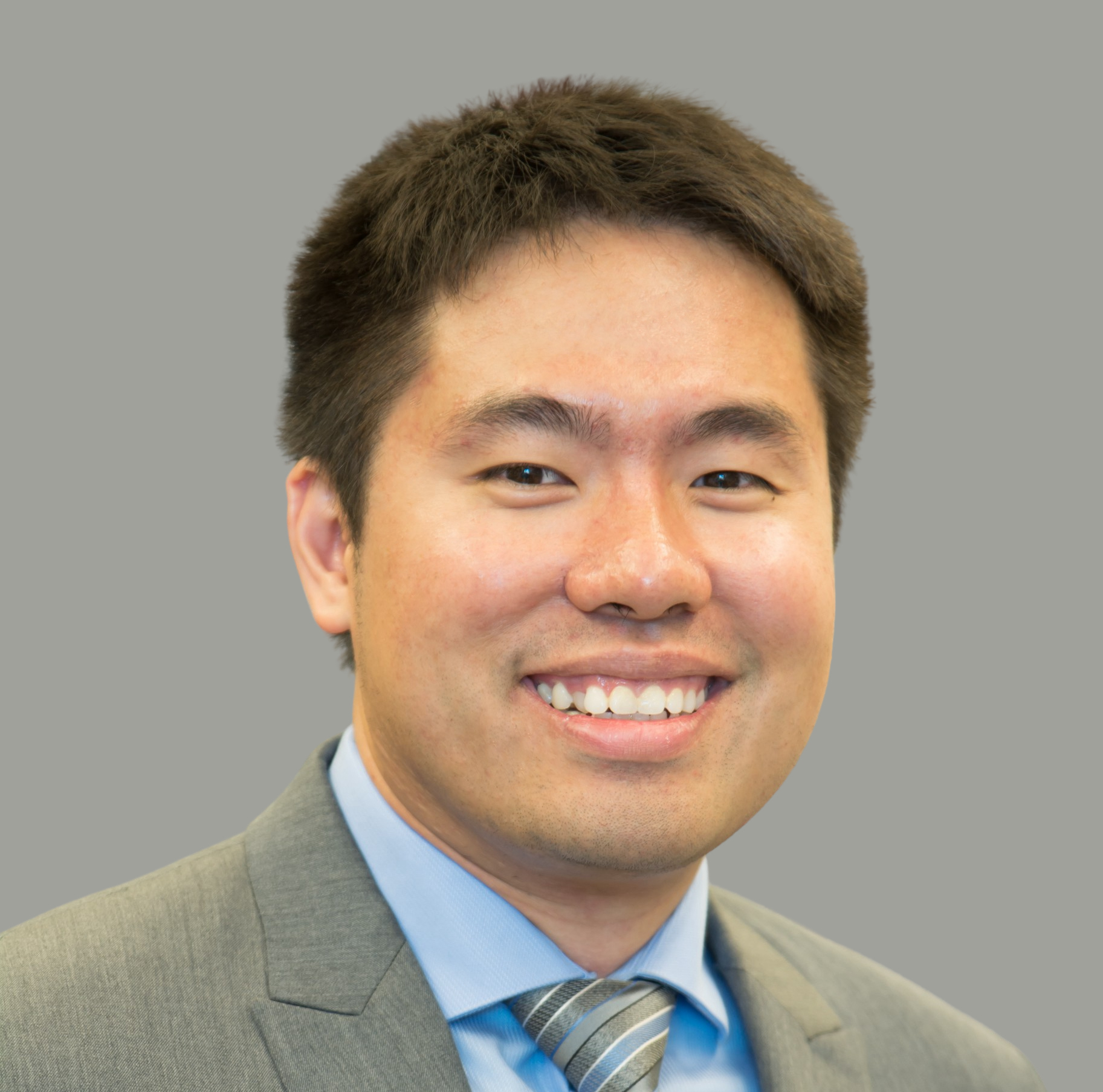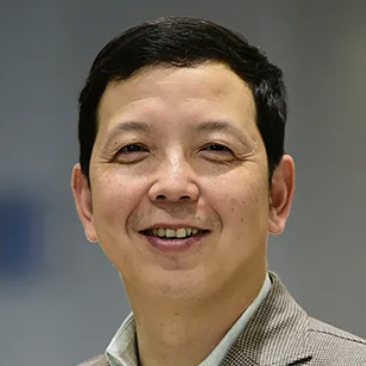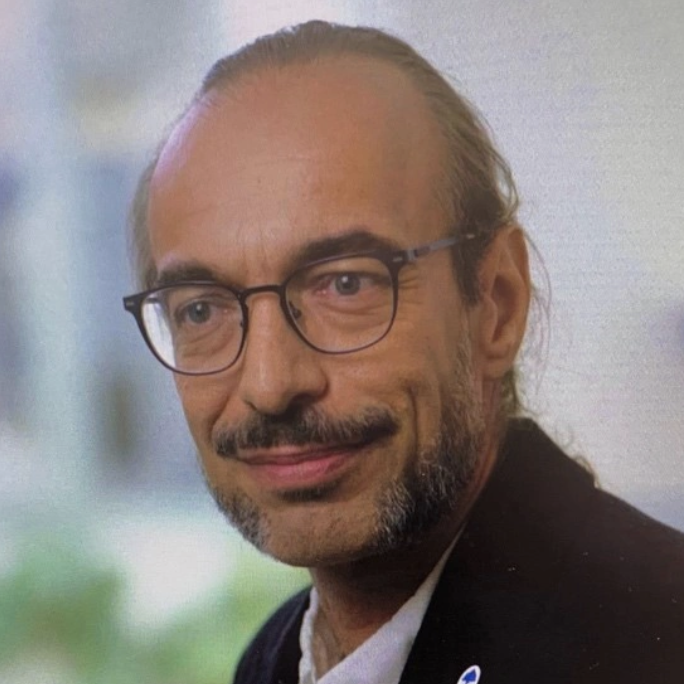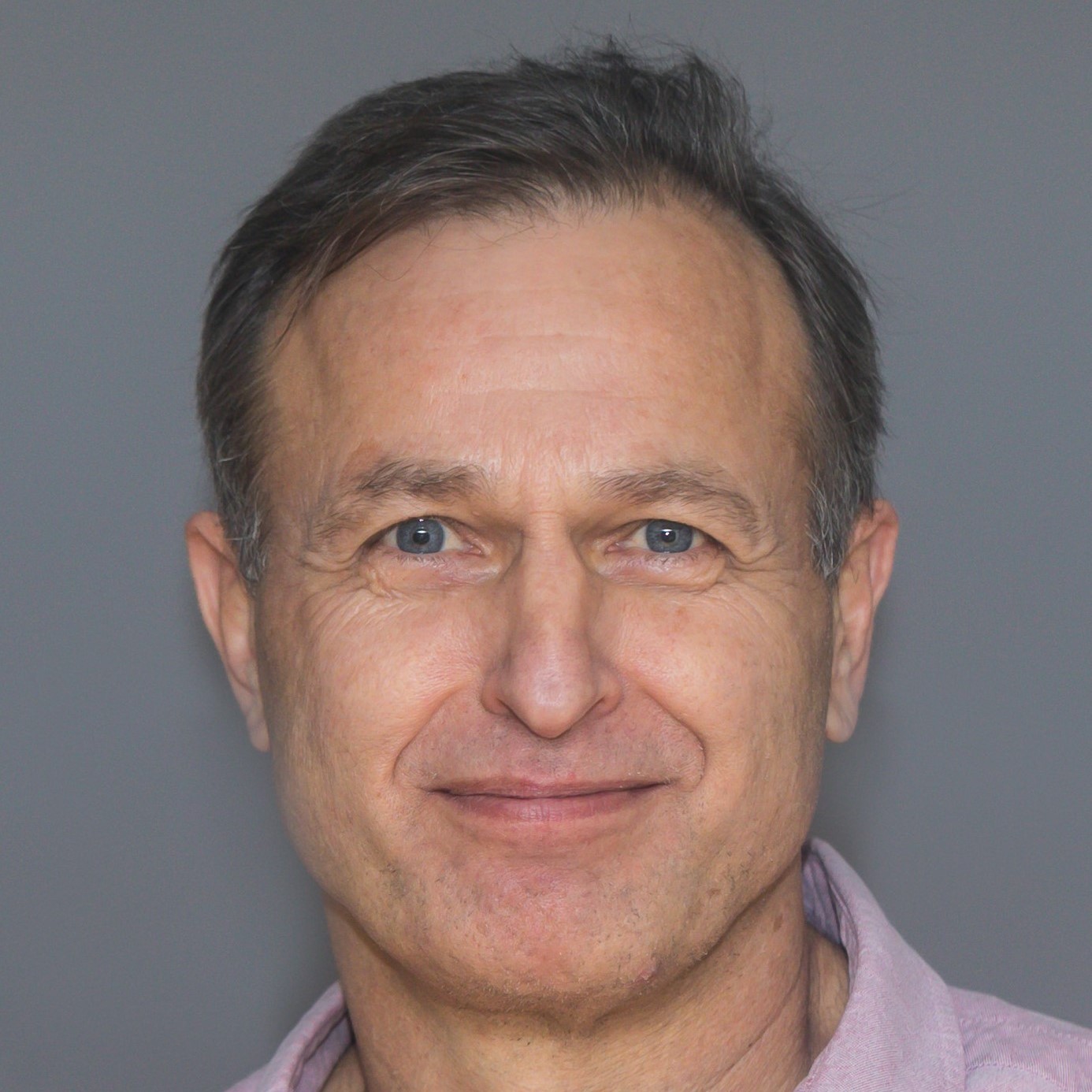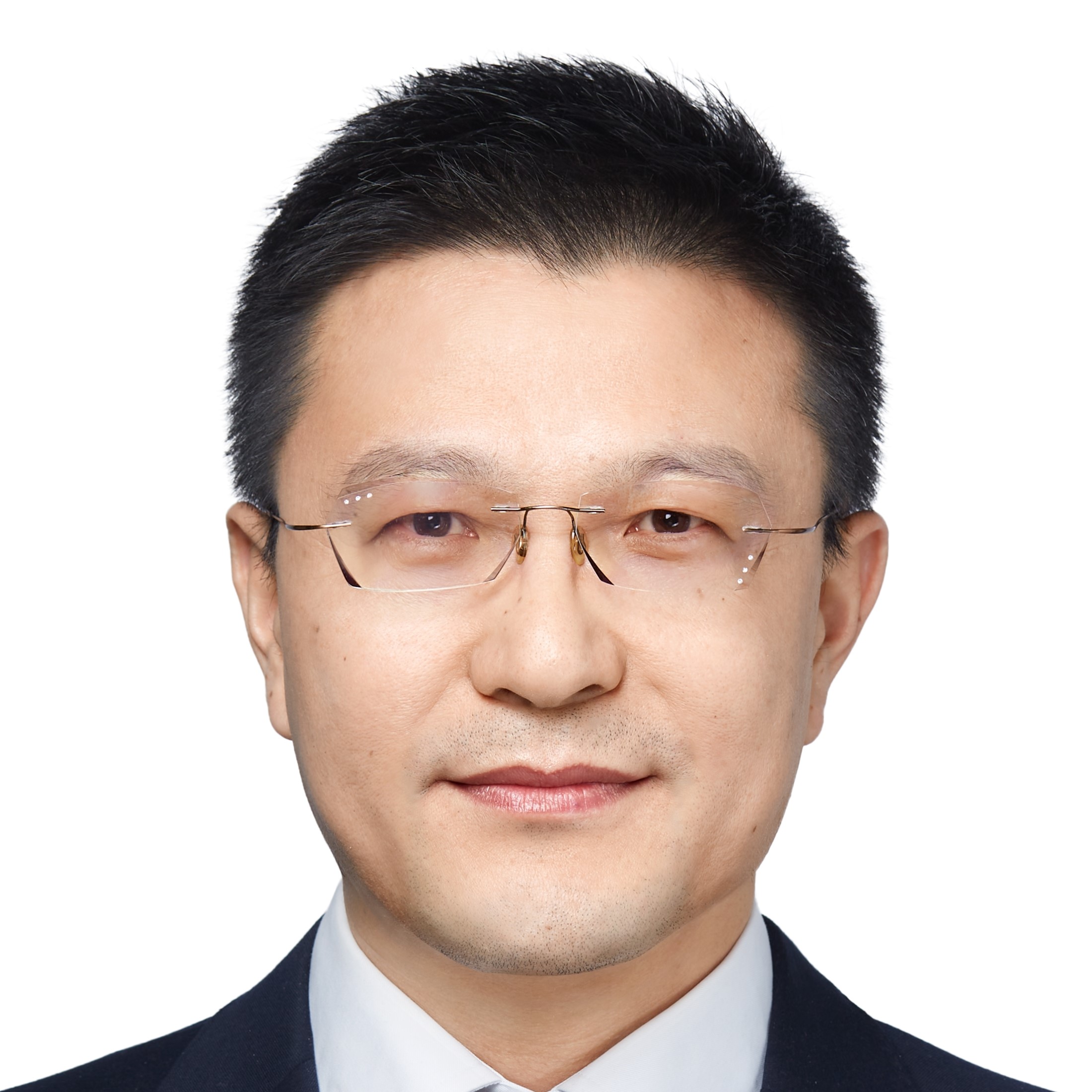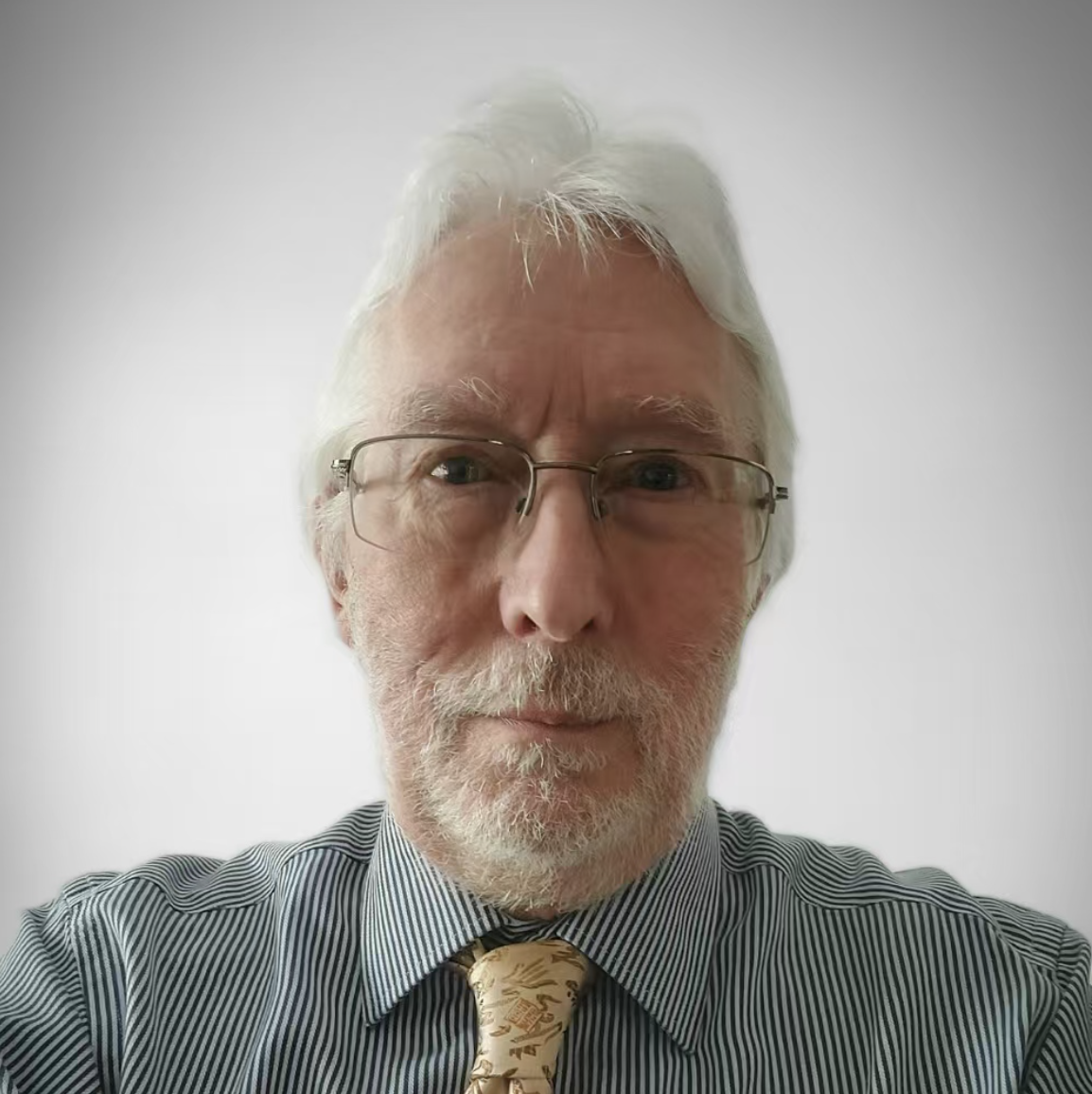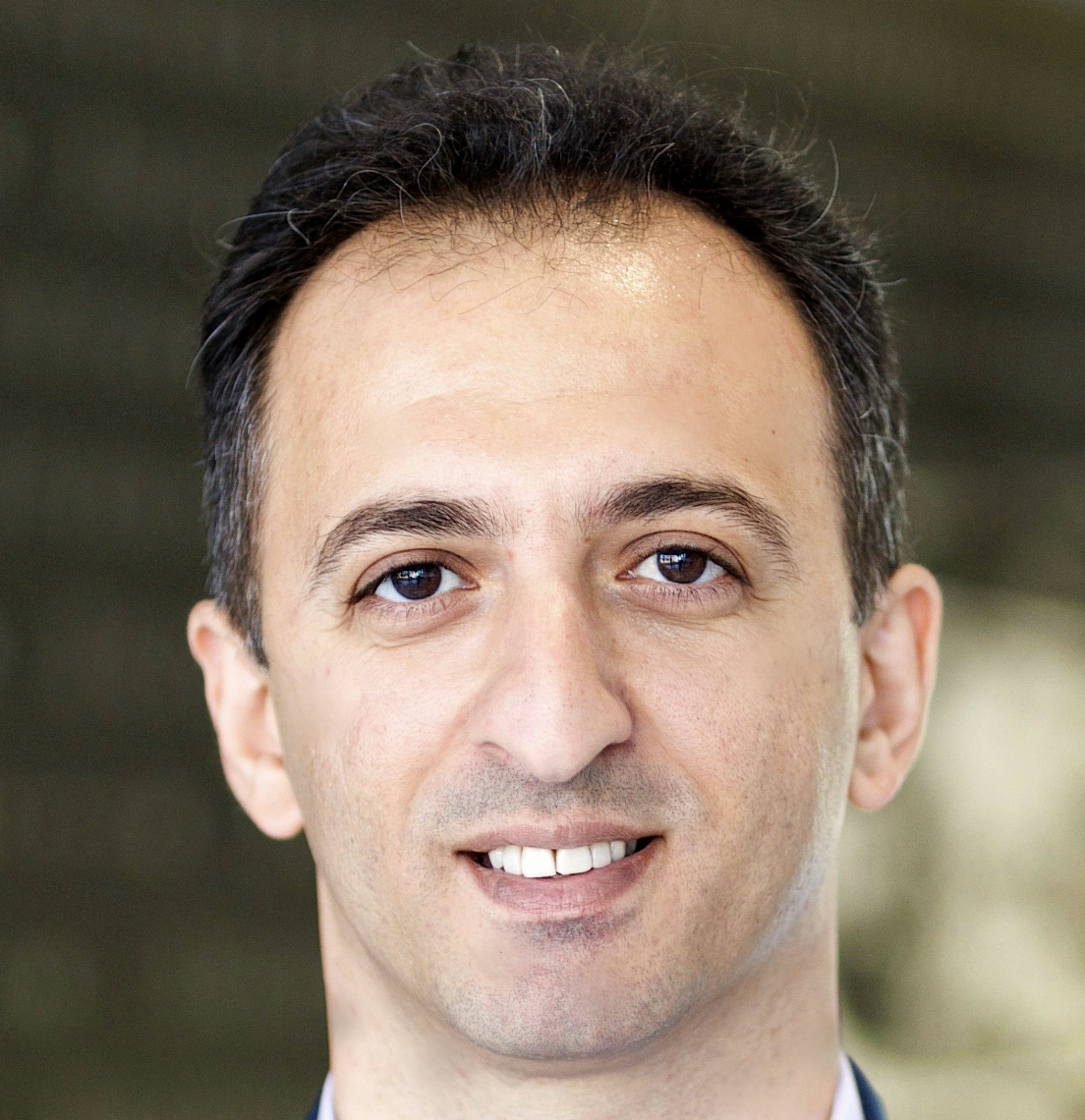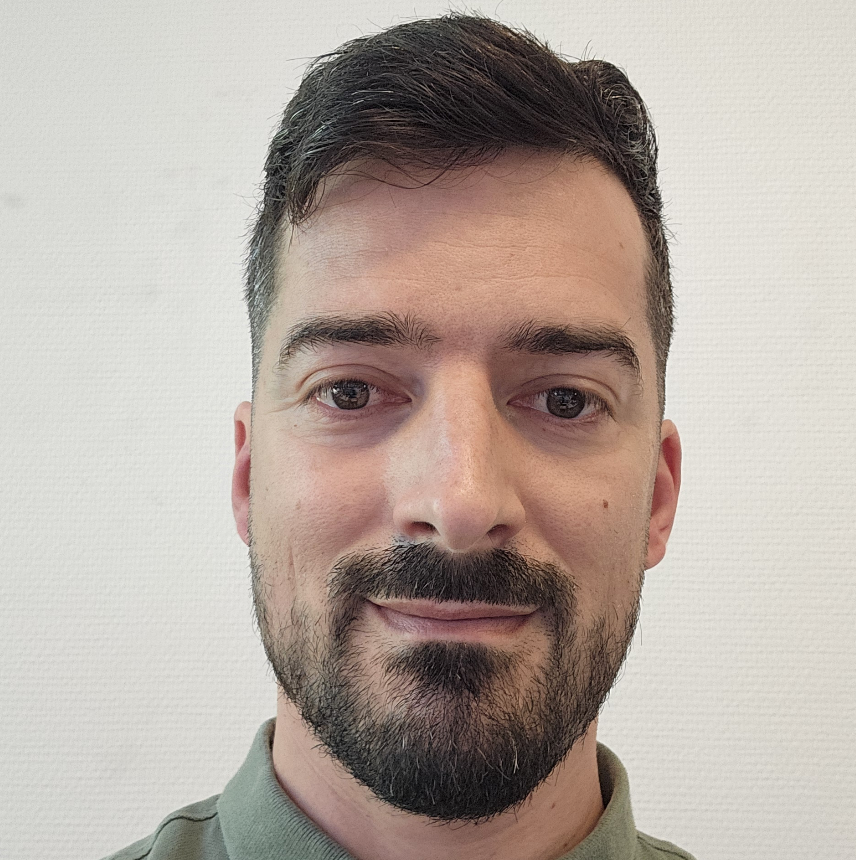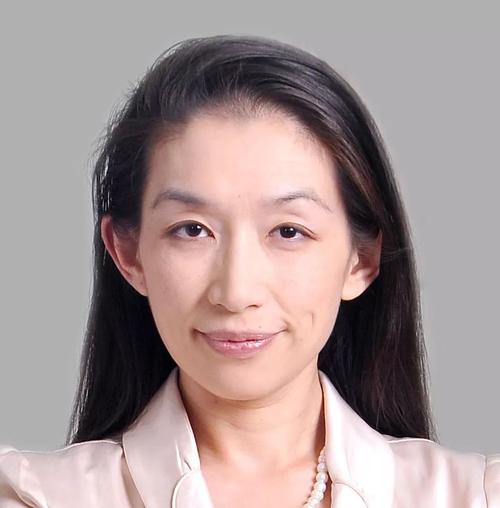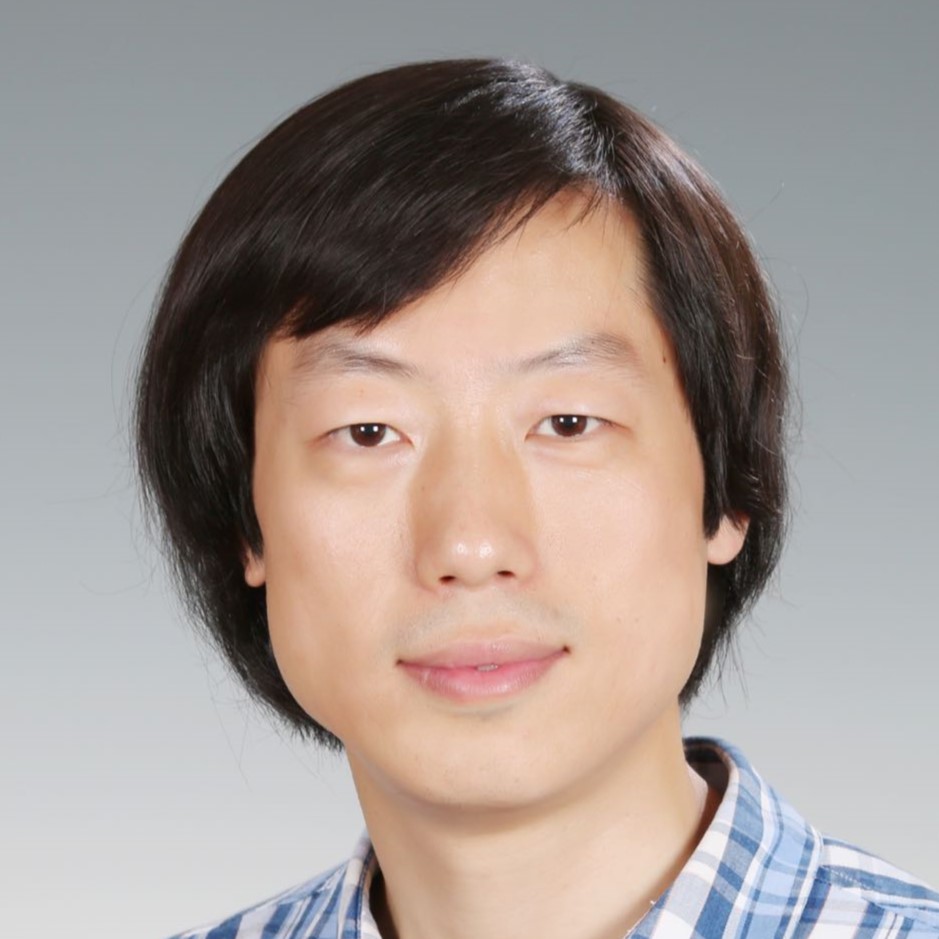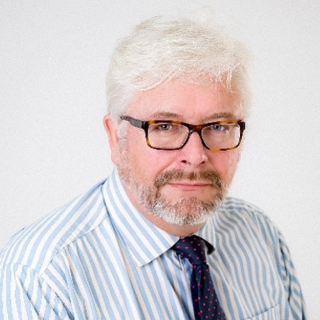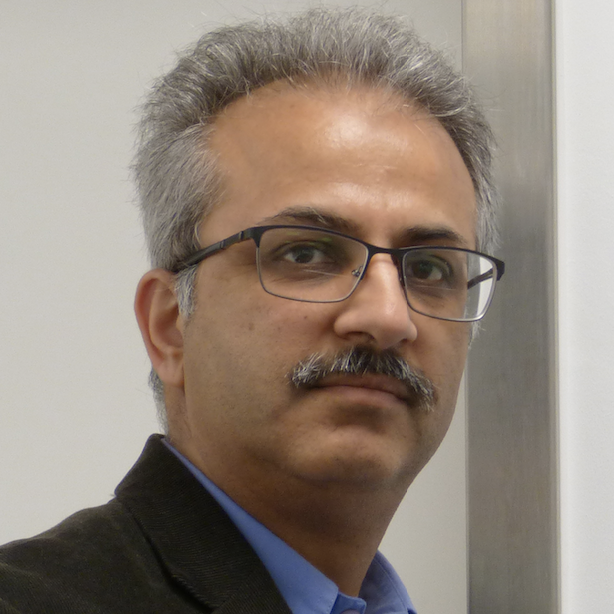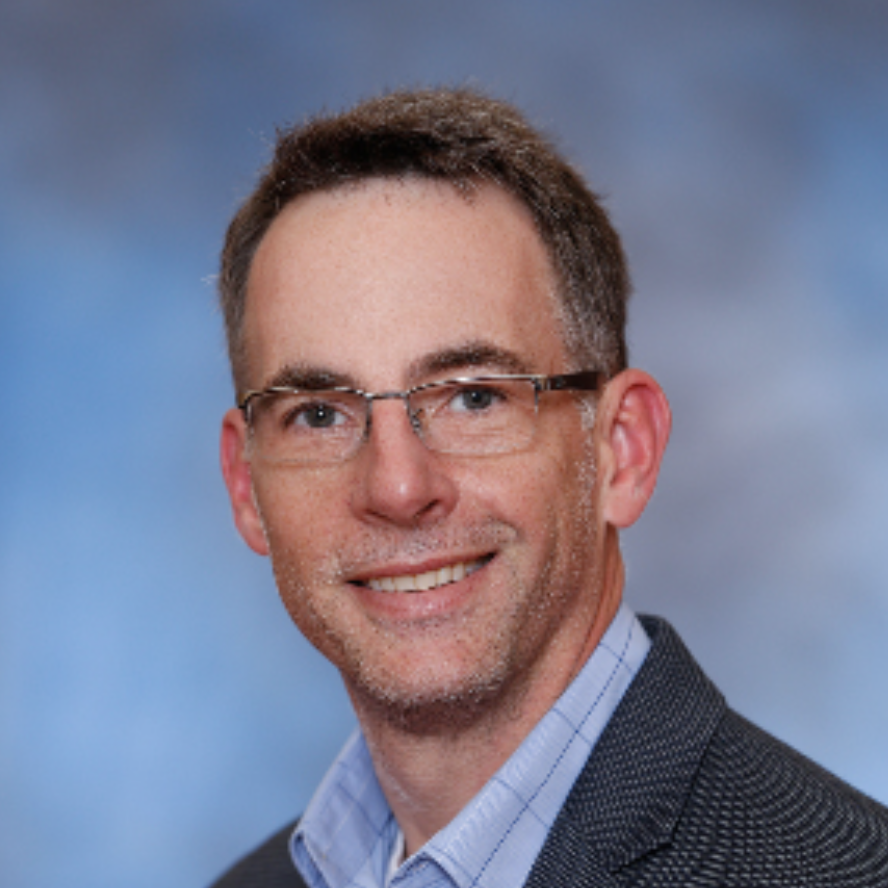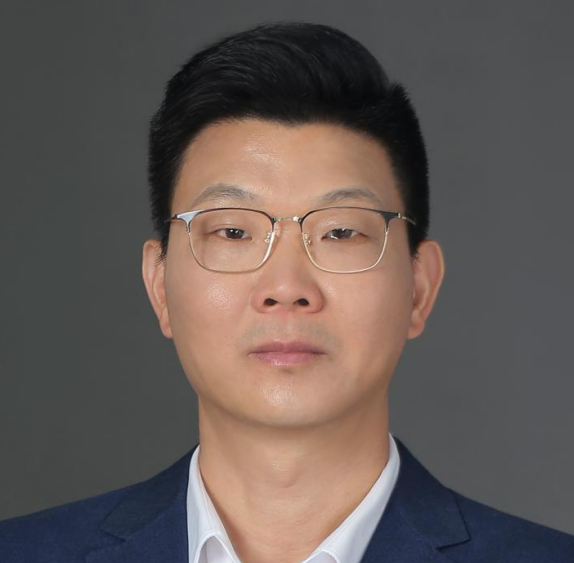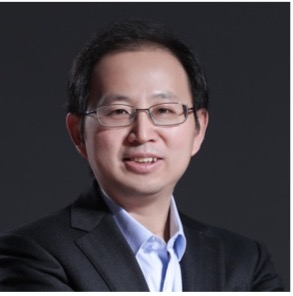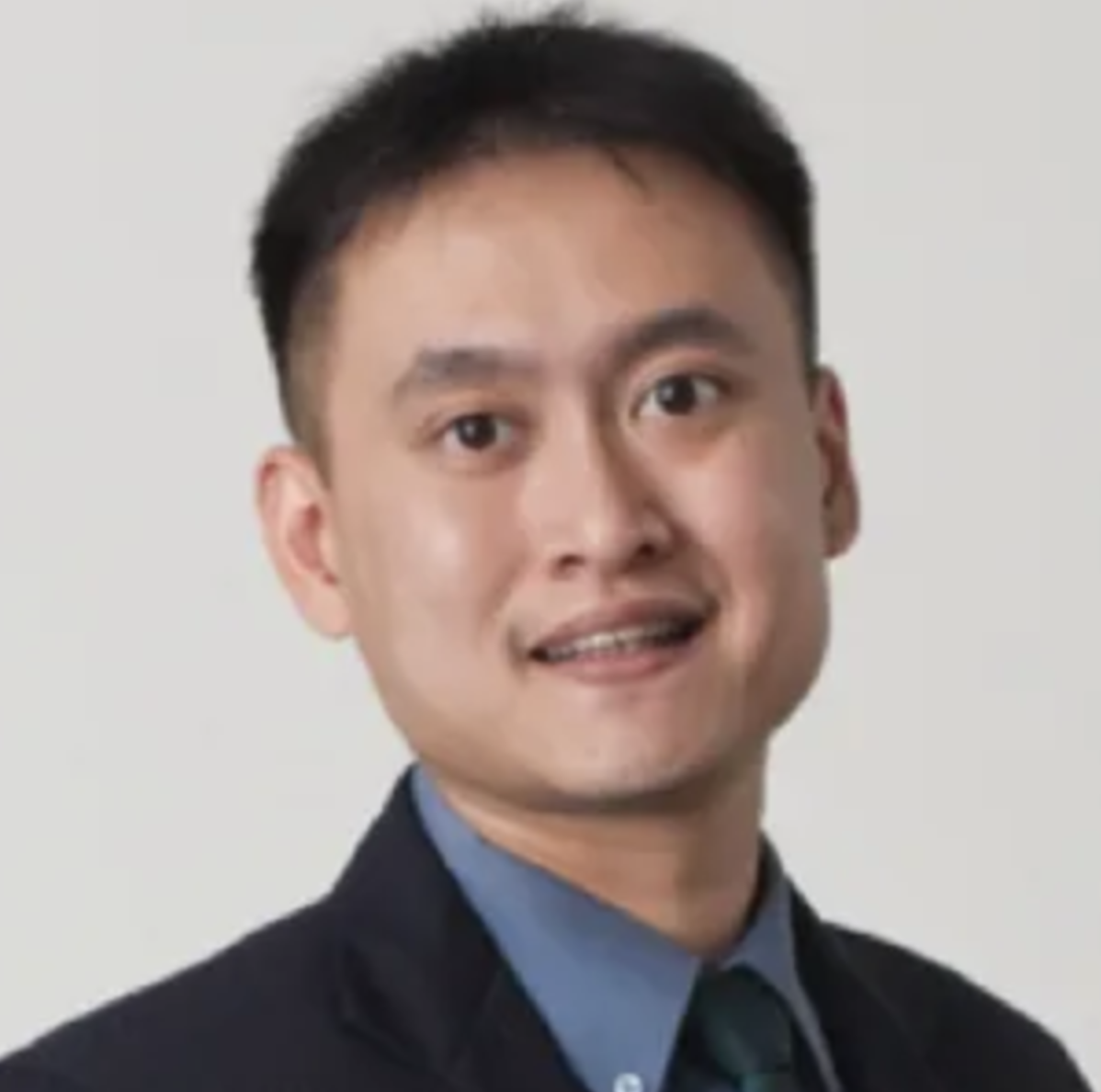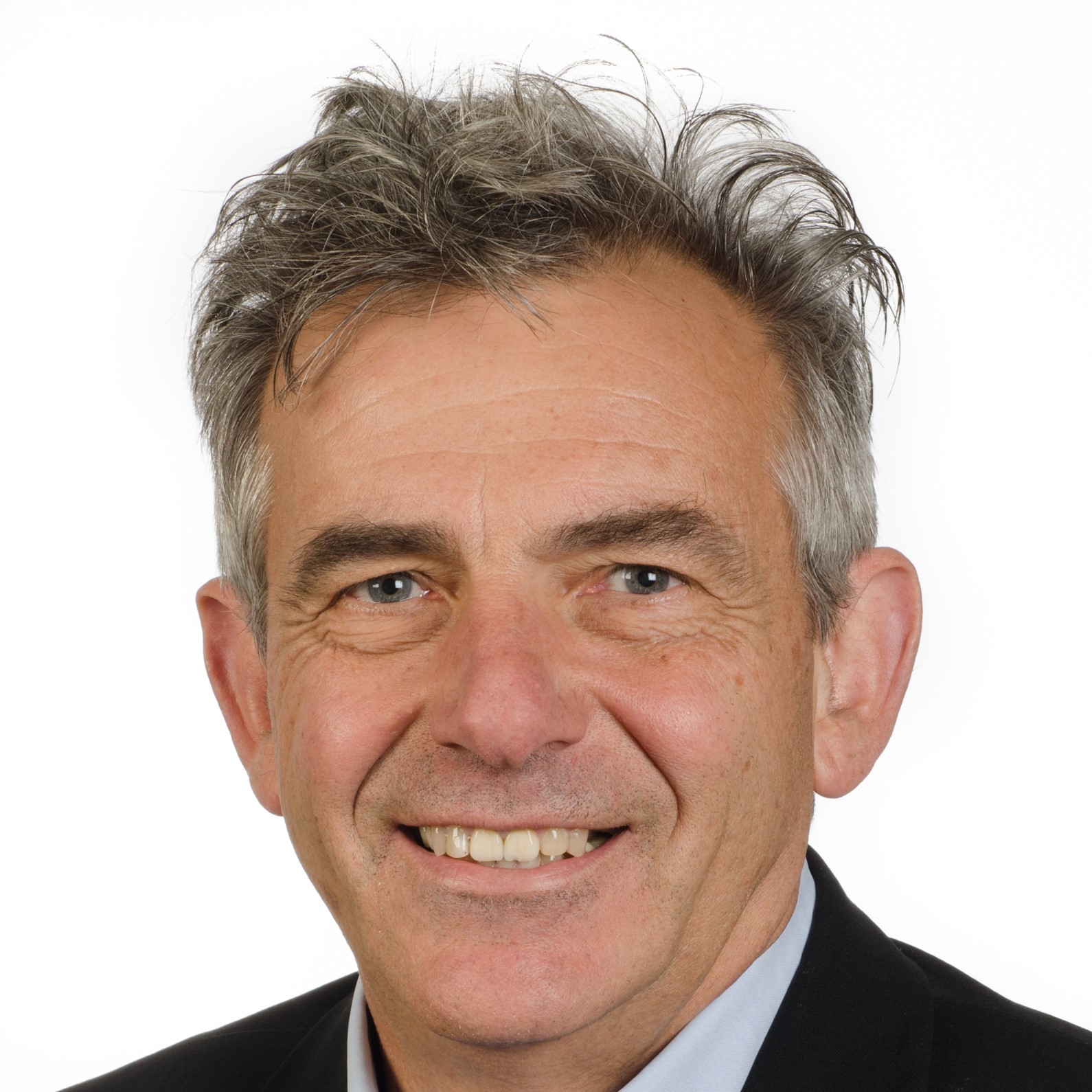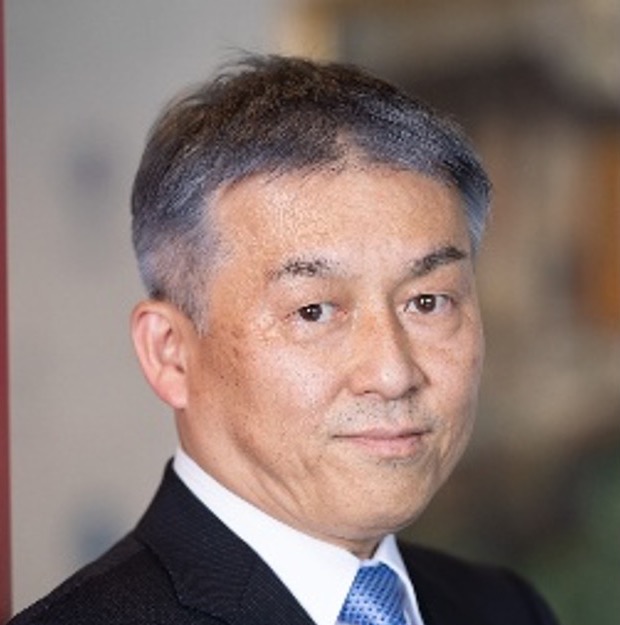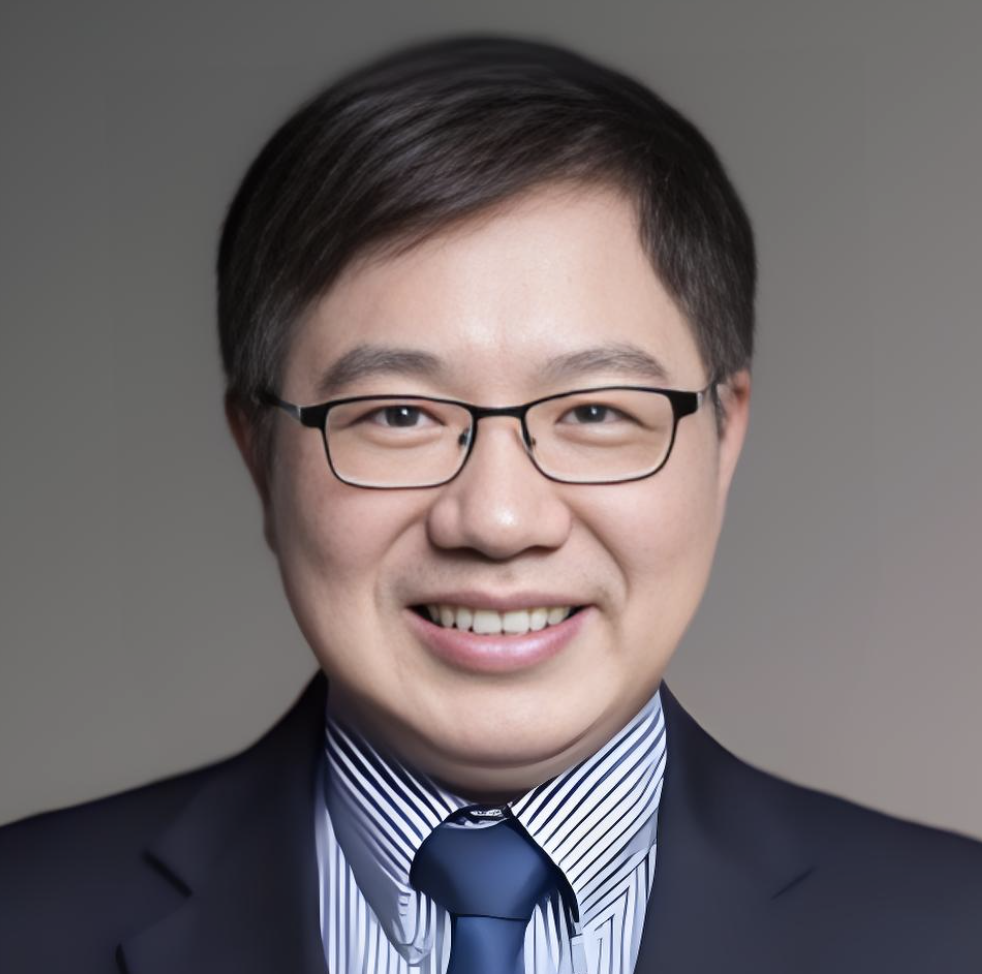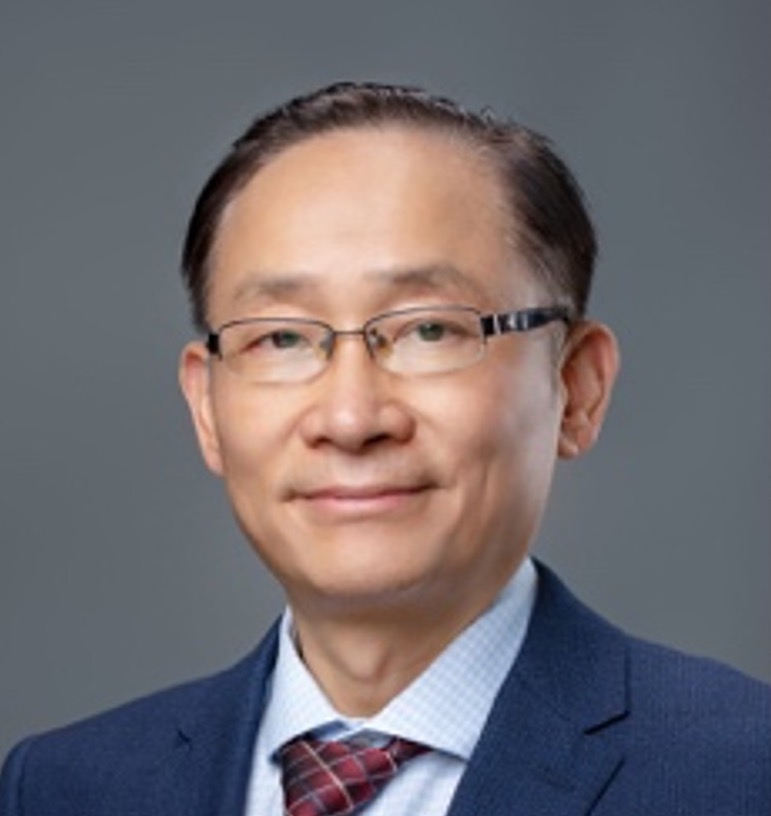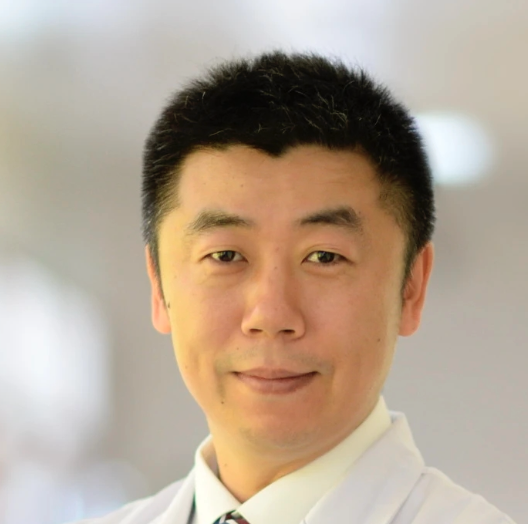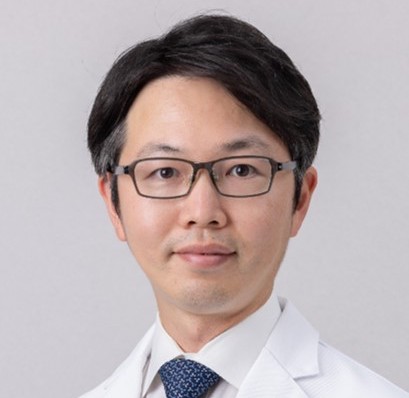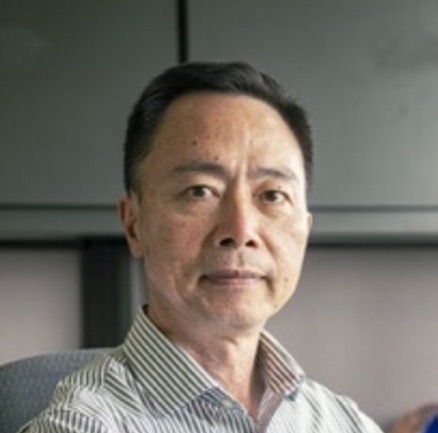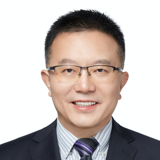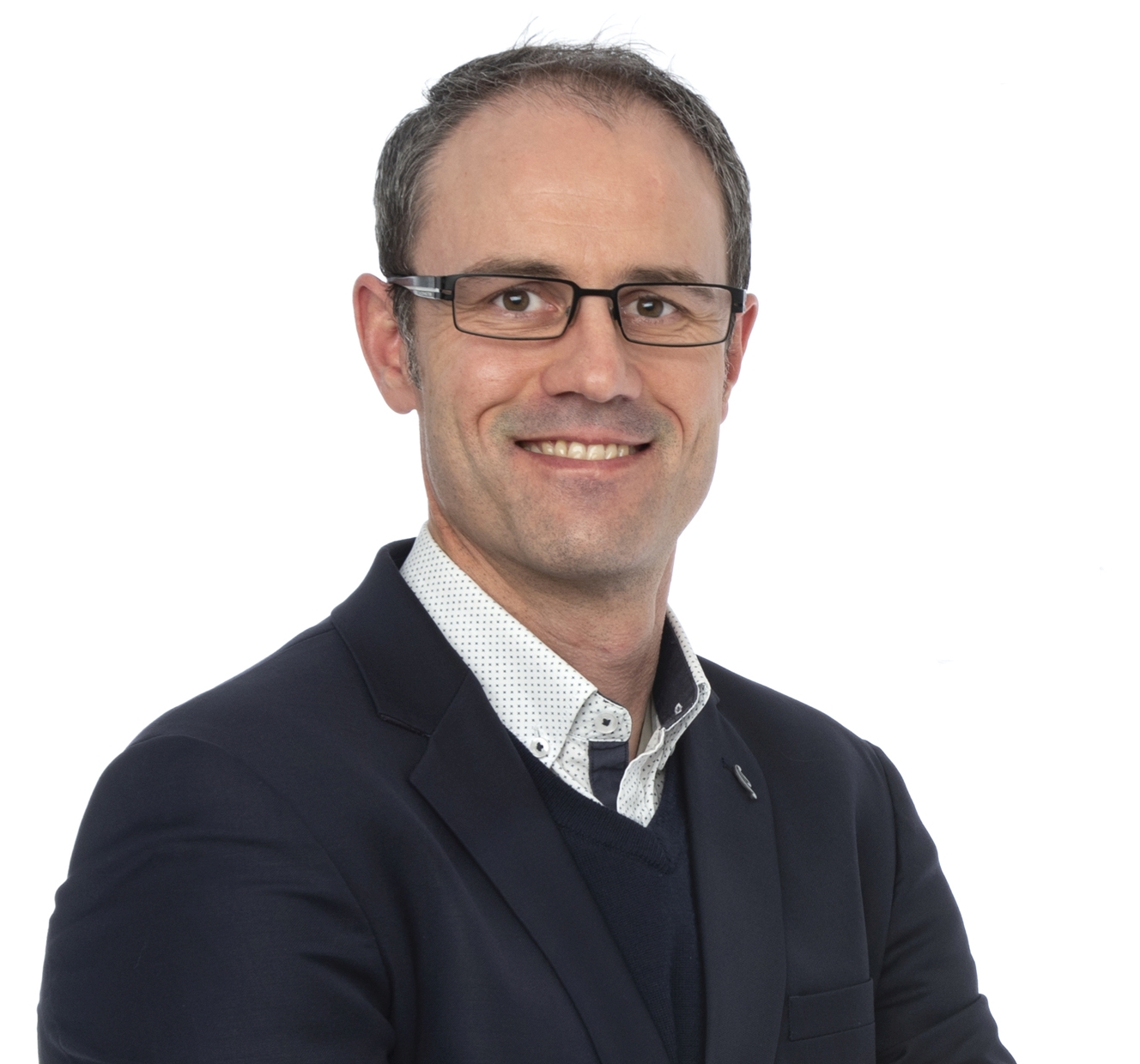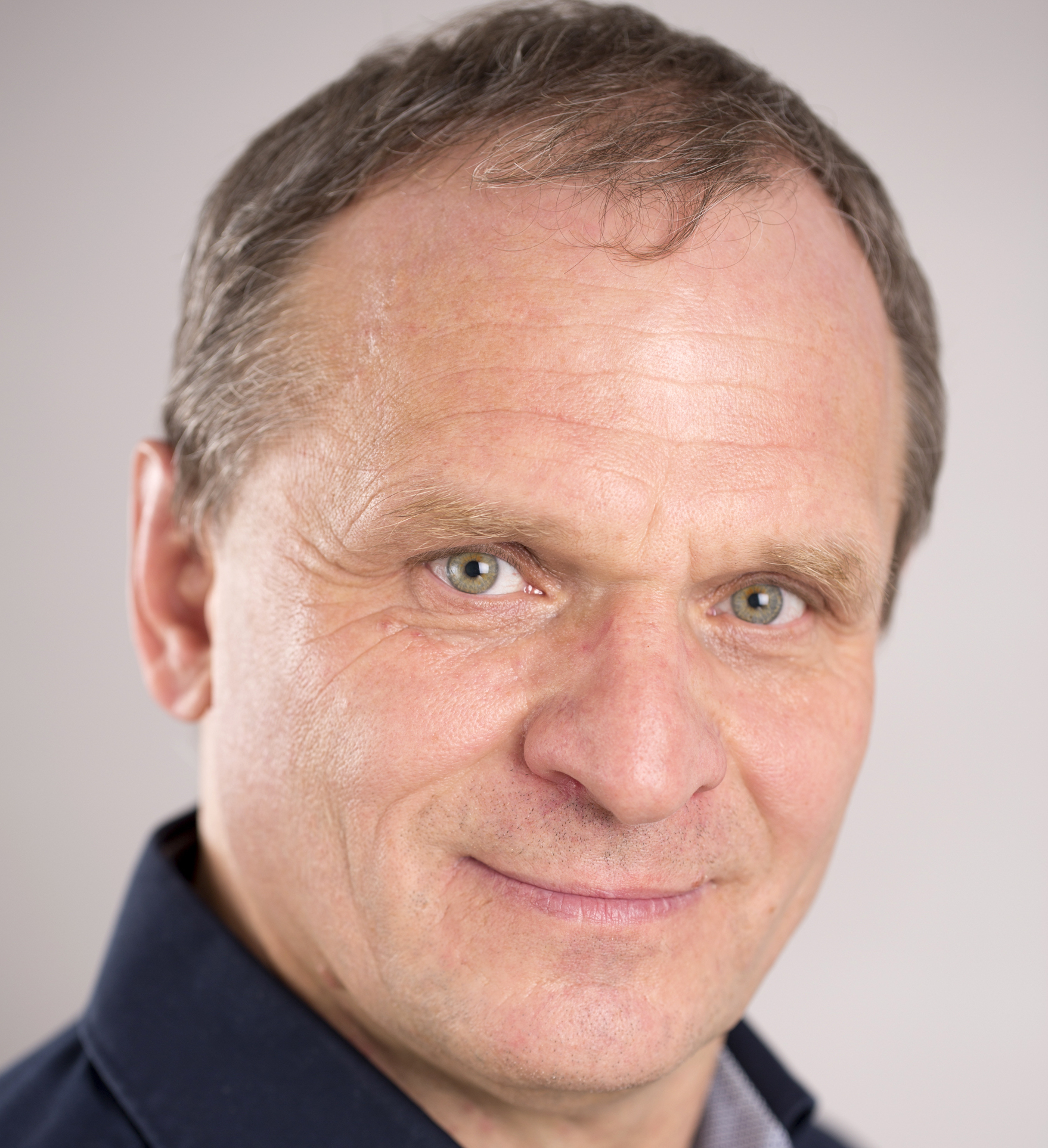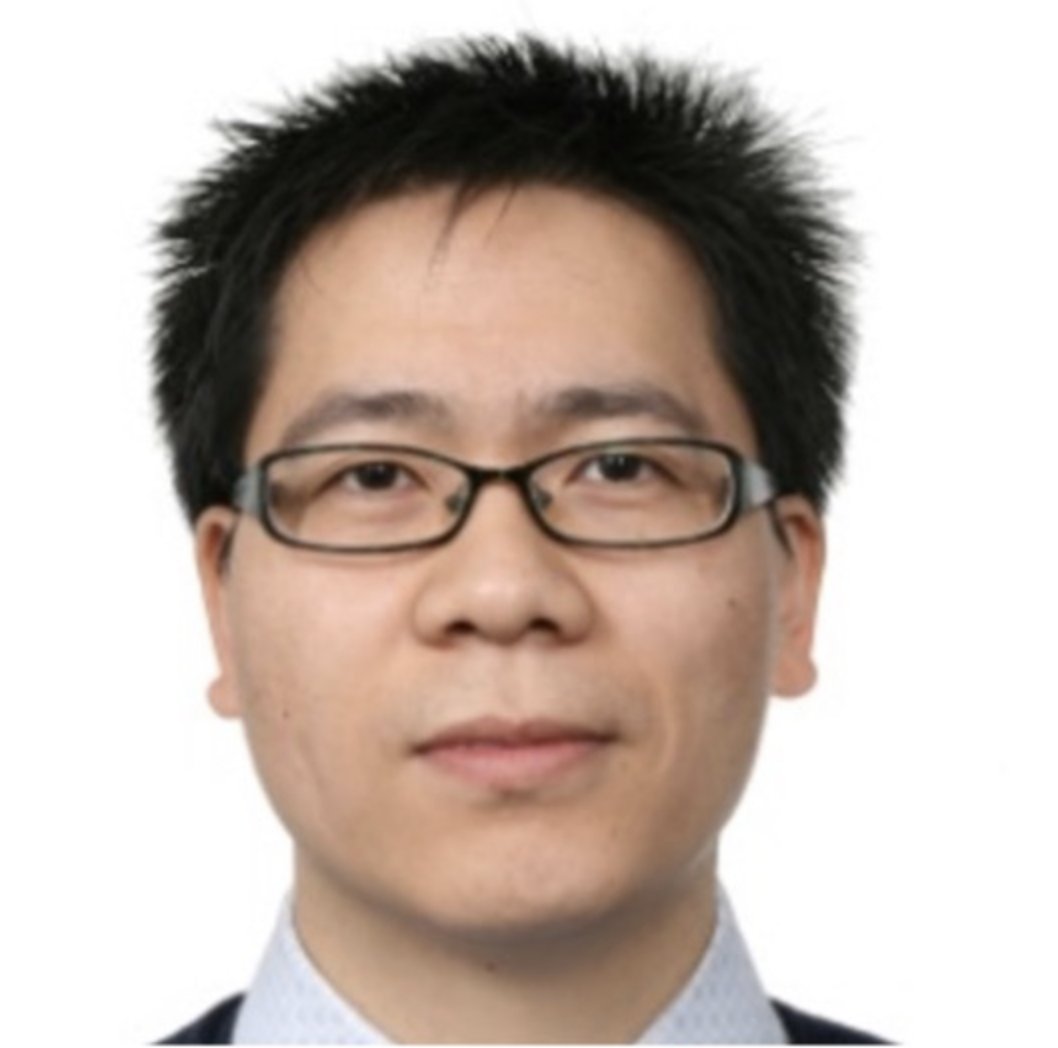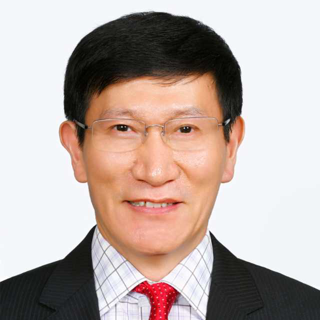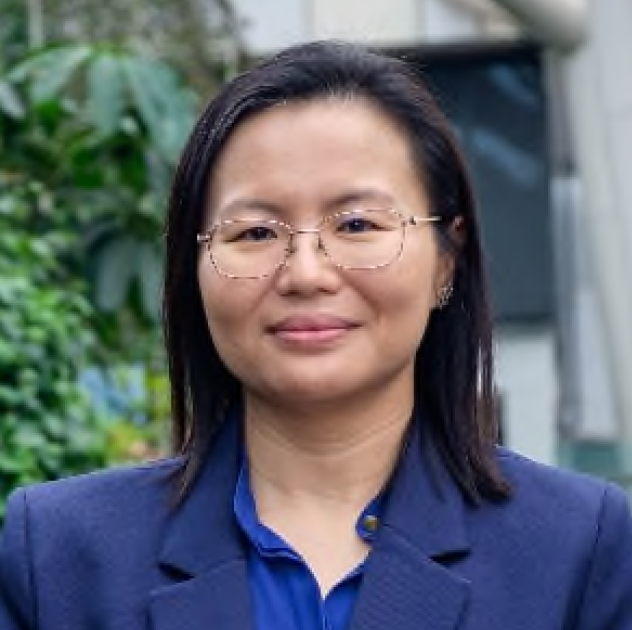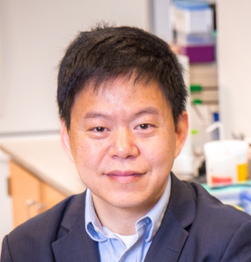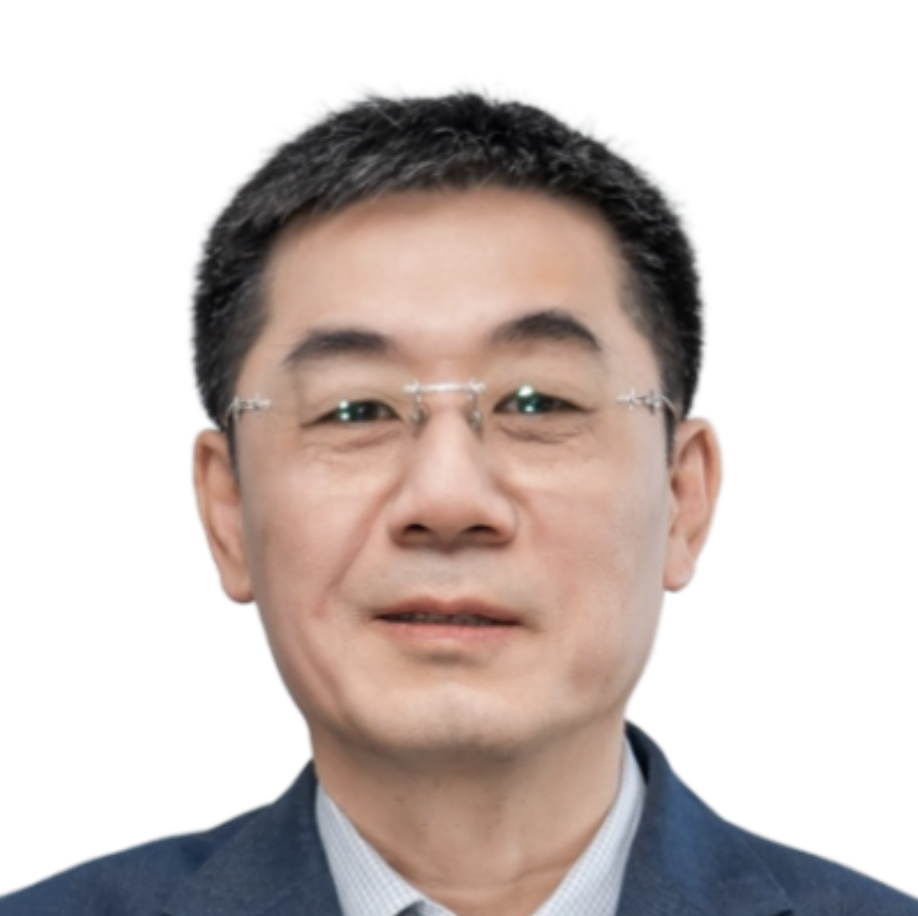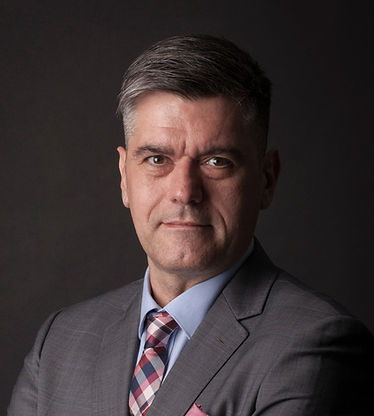Fuchou Tang is a full professor at BIOPIC, College of Life Sciences, Peking University. He is also Associate Director of Beijing Advanced Innovation Center for Genomics (ICG). His lab focuses on the epigenetic regulation of gene expression network during human early embryonic development and germline development as well as in cancer (Cell, 2013, 2015, 2020; Nature, 2014, 2016, 2018, 2019; Science, 2015, 2018; Cell Stem Cell, 2014, 2017a, 2017b, 2017c, 2018; Nature Genetics, 2018; Nature Cell Biology, 2018a, 2018b; GUT, 2020; Cancer Cell, 2020). His lab pioneered the single cell sequencing field and has systematically developed a serial of single cell functional genomic sequencing technologies (the first single-cell DNA methylome sequencing technology (scRRBS, 2013), the first single-cell triple omics (Transcriptome, DNA methylome, Genome copy number variations) sequencing technology (scTrio-seq, 2016), the first third-generation sequencing platform-based high-precision single cell RNA-seq (SCAN-seq, 2020), the first third-generation sequencing platform-based single cell genome sequencing (SMOOTH-seq, 2021) in the world). His work has been cited for more than 11,000 times. He has been invited to give presentations at AGBT, ISSCR, ICHG, Gordon Conference, HCA. He organized the Cold Spring Harbor Asia conference of Frontiers in Single Cell Genomics in 2016, 2018, and 2020.
